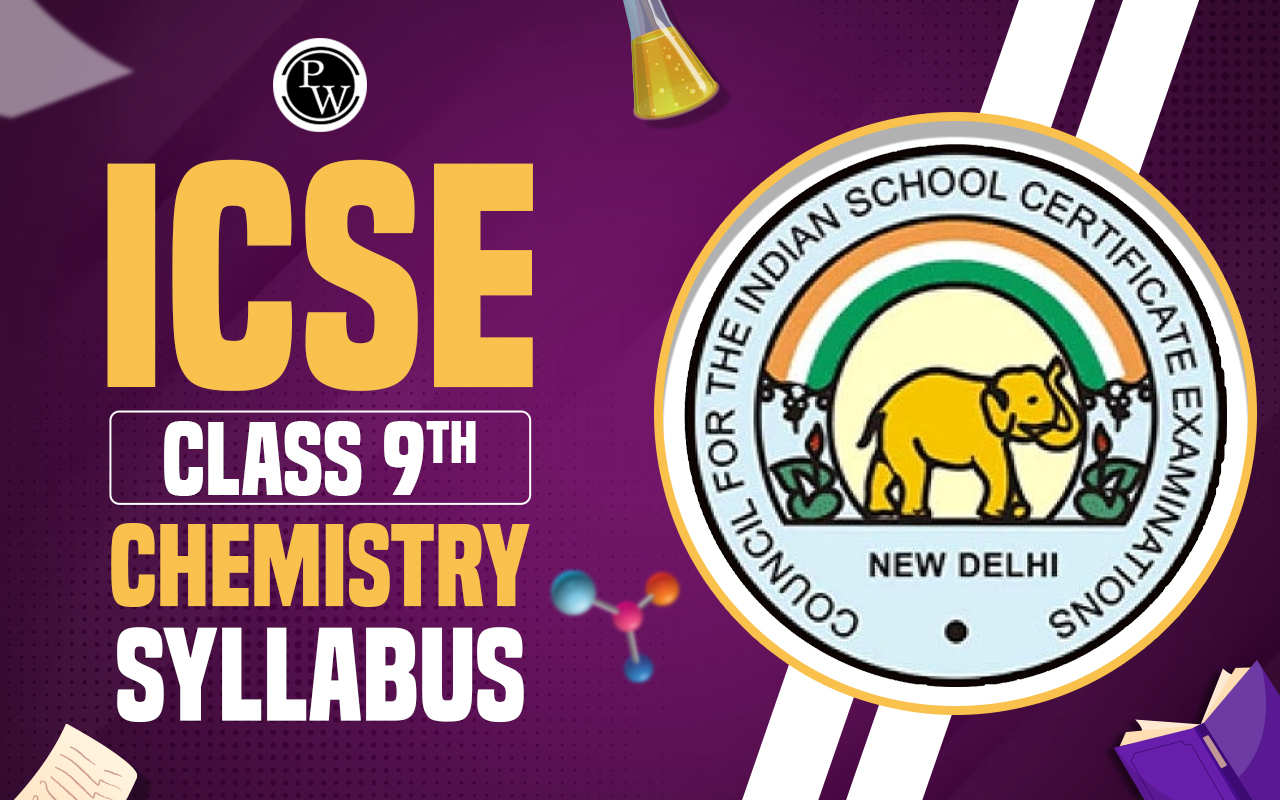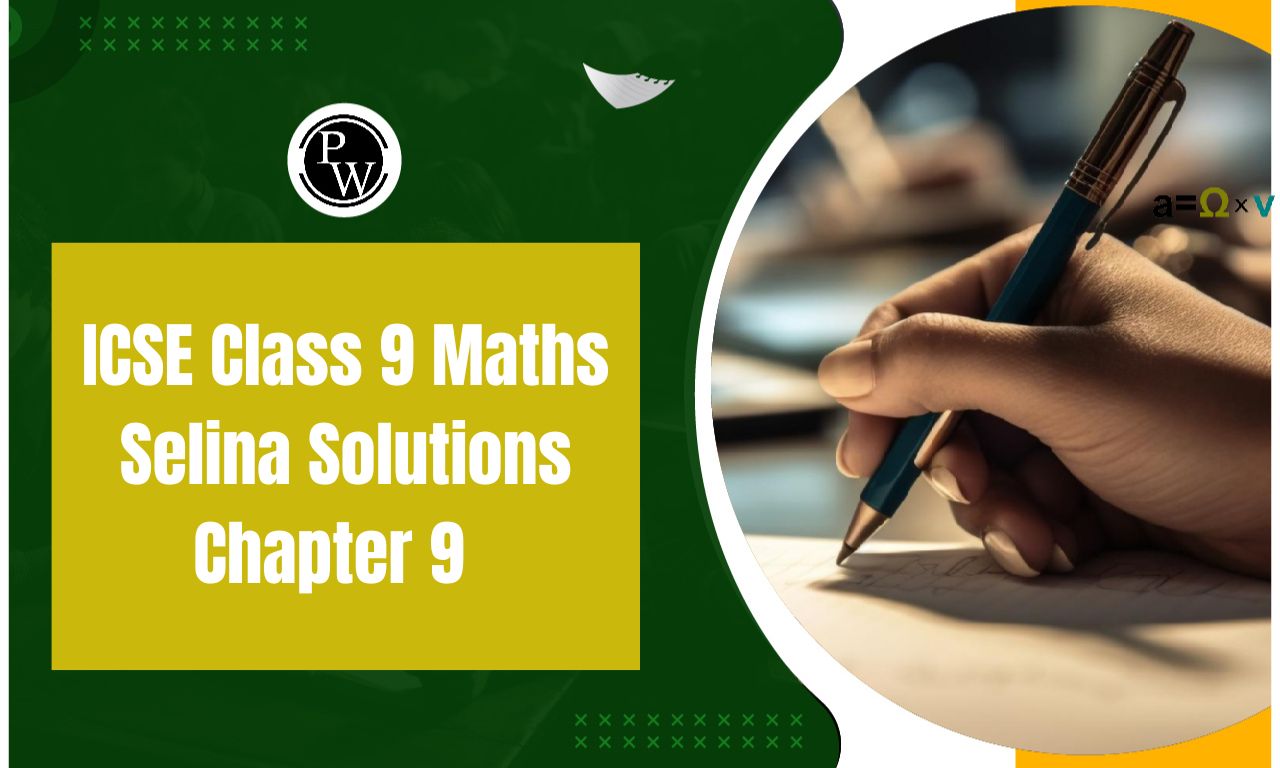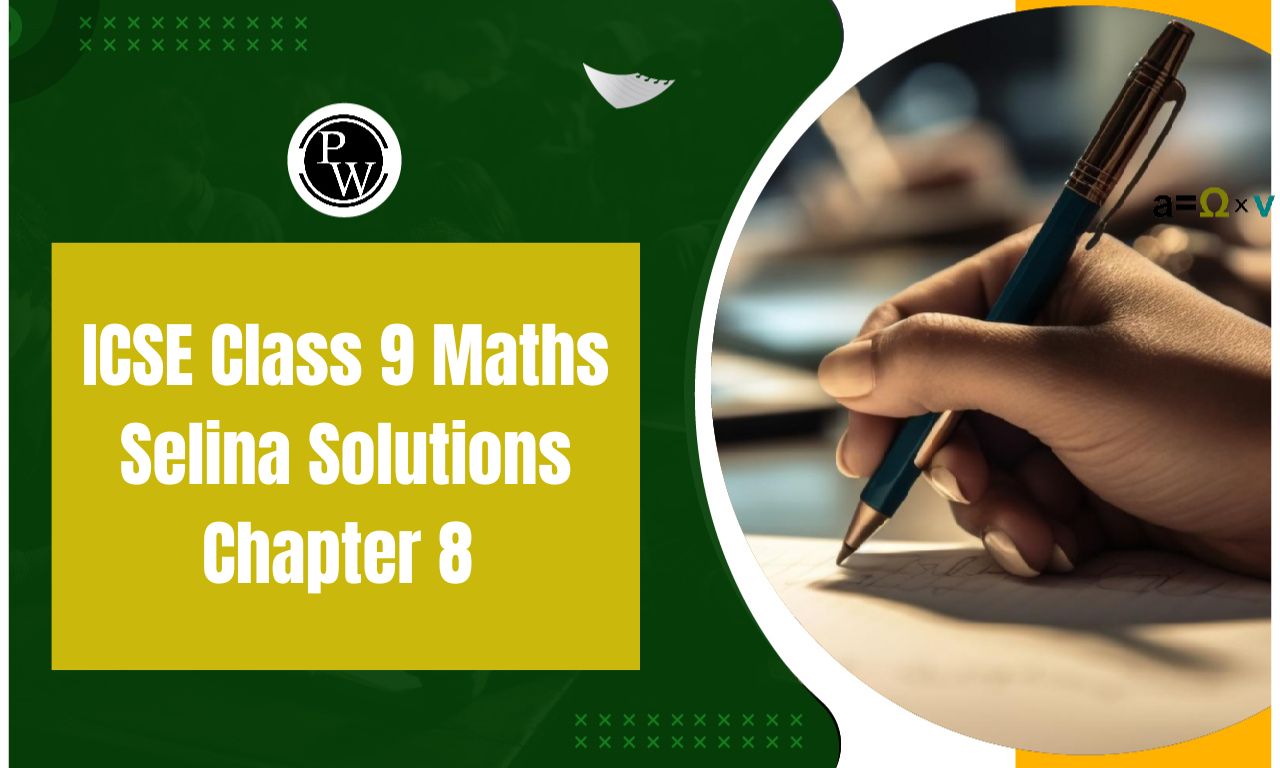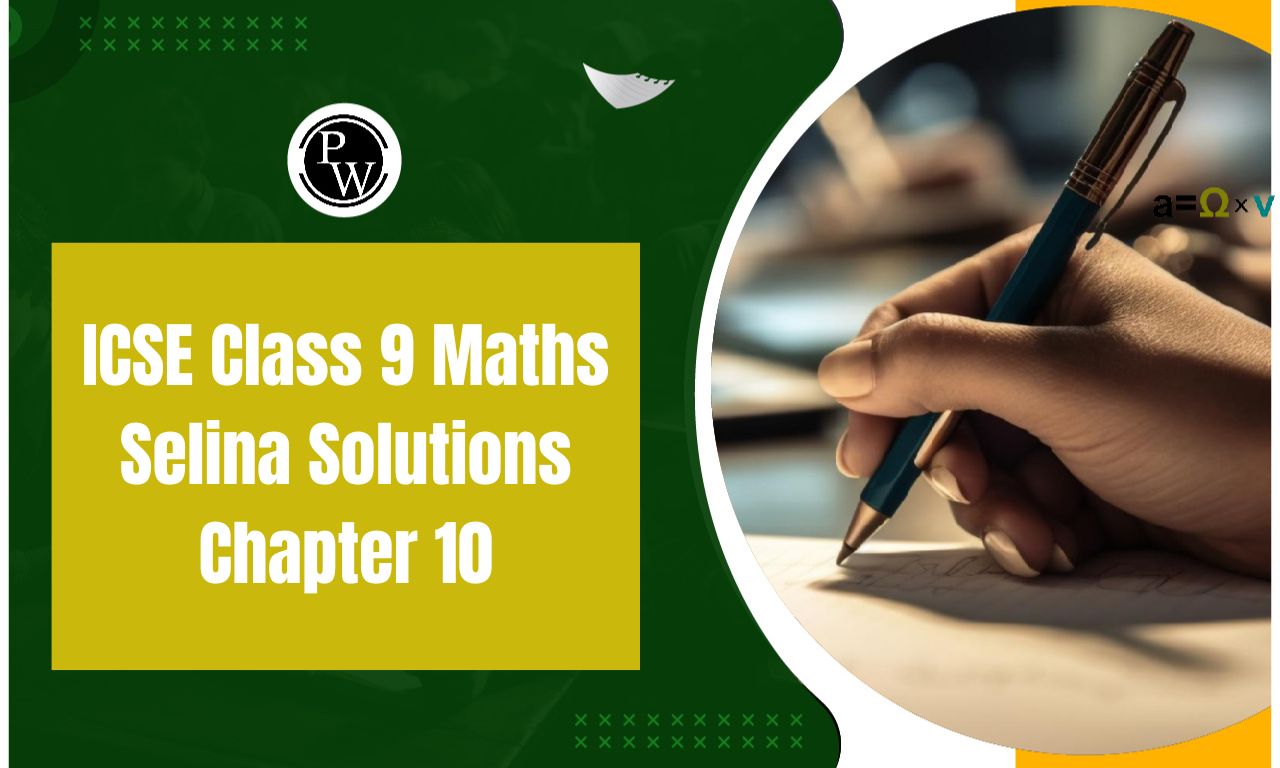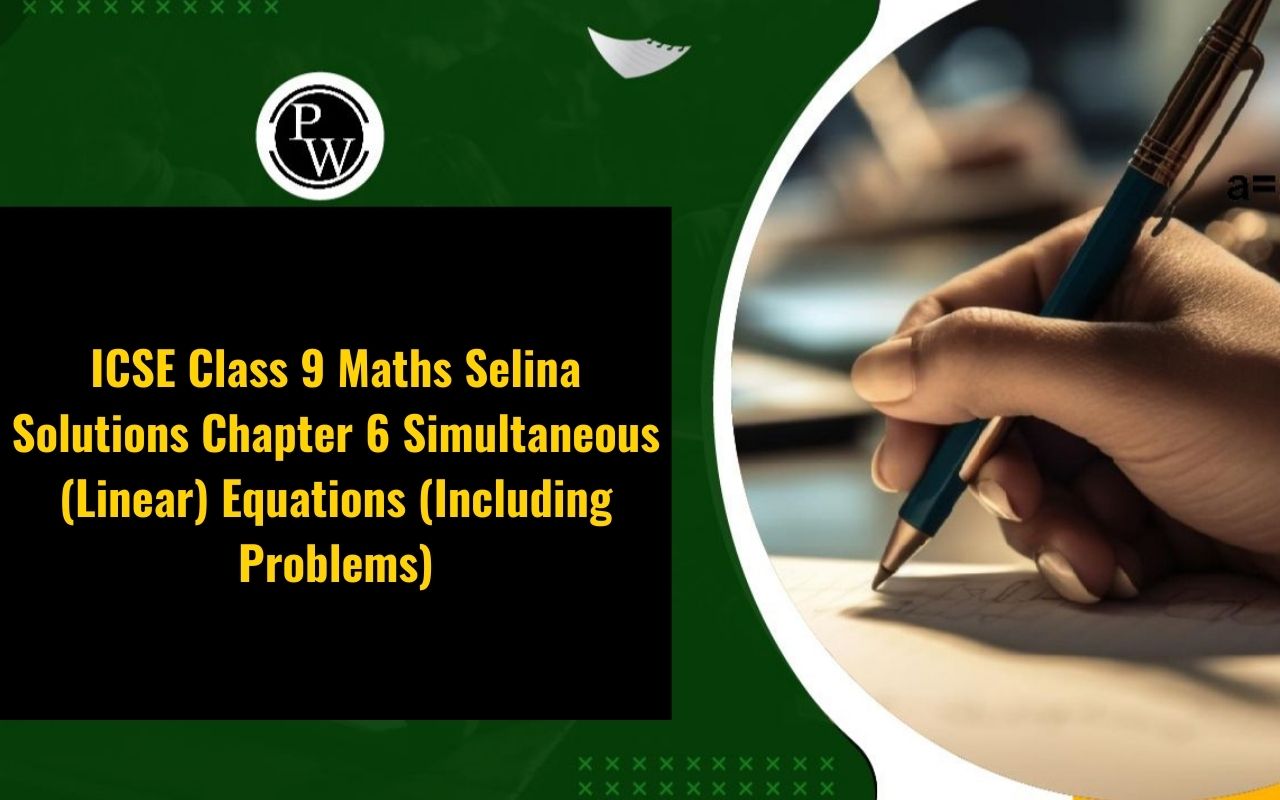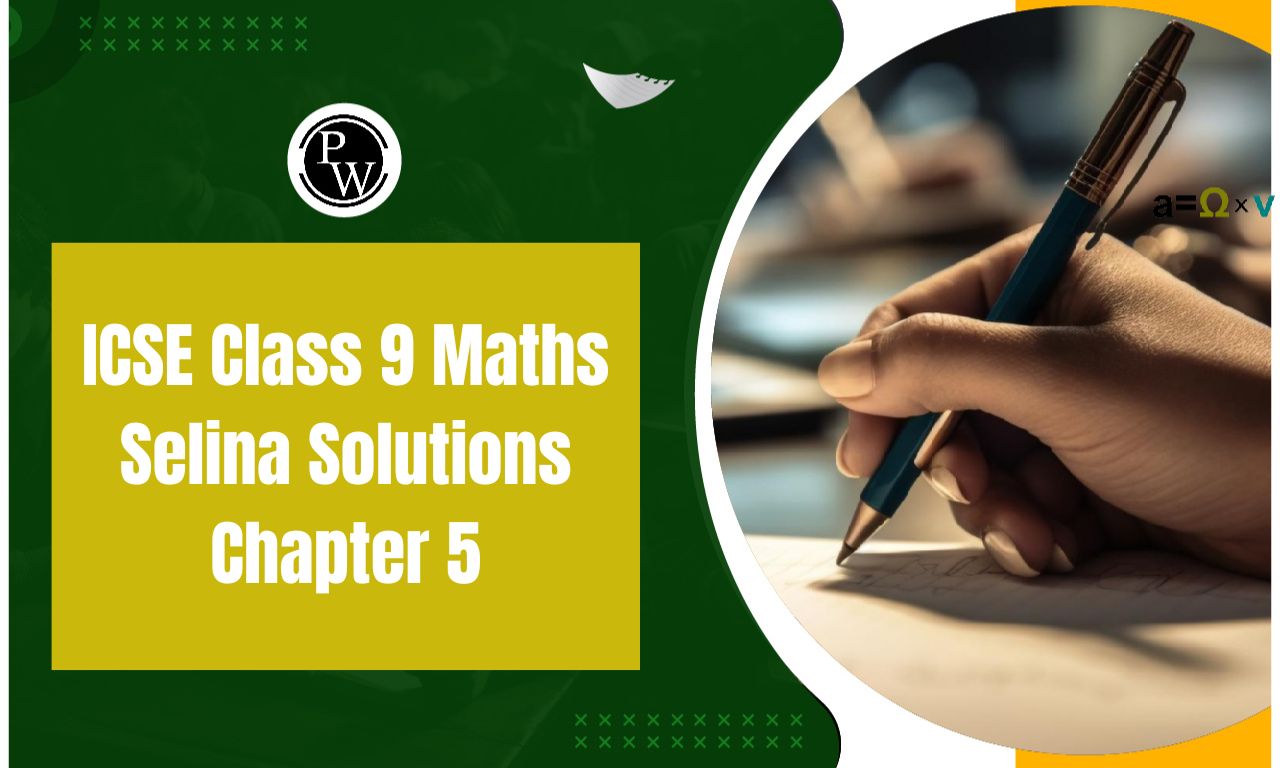
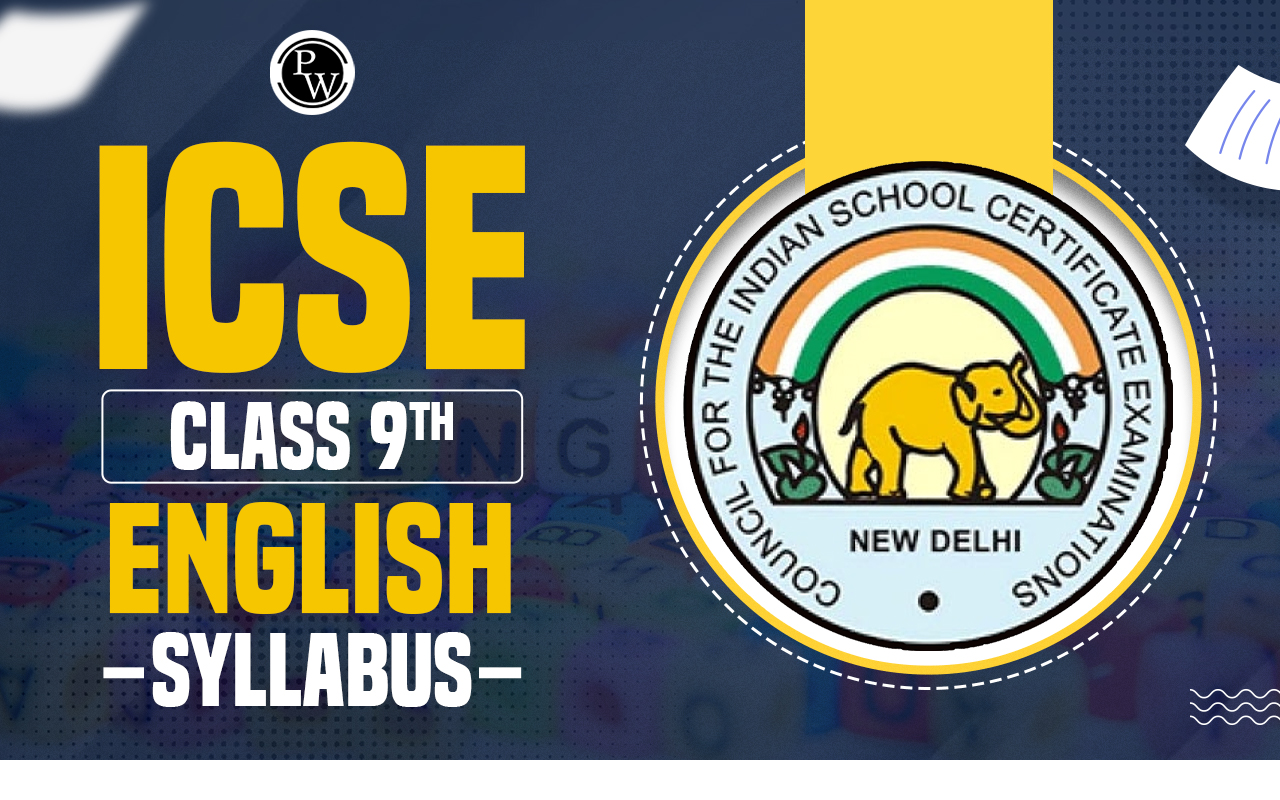
The ICSE Class 9 English syllabus includes English Language and English Literature, designed to build strong communication and analytical skills. The exam pattern typically features composition, comprehension, grammar, and questions on prose, poetry, and drama from the prescribed texts. Understanding the syllabus thoroughly helps students focus on key areas for effective preparation.
Referring to previous year papers is highly recommended as it familiarizes students with question types and marking schemes. The syllabus aims to develop reading, writing, and critical thinking abilities, laying a strong foundation for Class 10 board exams. Regular practice ensures success in both internal and final assessments.
ICSE Class 9 English Syllabus 2025-26 Overview
Understanding the ICSE Class 9 English syllabus is like starting an exciting journey through stories, poems, and language skills. Let’s break it down in a simple way so you know what to expect. The syllabus covers English Language (like grammar, writing, and comprehension) and English Literature (prose, poetry, and drama).The exam pattern checks your writing, reading, and thinking skills. Going through the syllabus and solving previous year papers will help you know the types of questions asked and how to answer them well. This will prepare you for your exams and make your learning smooth and enjoyable.
- Structure and Components:
- English Language: This segment emphasizes the nuances of grammar, the art of writing, comprehension skills through unseen passages, and the craft of composition.
- English Literature: Here, students delve deep into the rich tapestry of prose, poetry, and the theatrical world, exploring classics and contemporary pieces alike.
- Recent Modifications:
- Examination Blueprint:
- The English Language paper is weighted at 80 marks, focusing on grammar, writing skills, and comprehension. The remaining 20 marks come from periodic in-class assessments and assignments.
- Parallelly, the English Literature paper also carries 80 marks, covering the expansive realms of prose, poetry, and dramatic arts. The final 20 marks here are dedicated to internal evaluations and assessments.
ICSE Class 9 English Syllabus 2025-26 & Exam Pattern
The ICSE Class 9 English syllabus and exam pattern are designed to help students build strong skills in reading, writing, grammar, and literature. The syllabus is divided into English Language and English Literature, covering topics like composition, comprehension, grammar, prose, poetry, and drama. Understanding the exam pattern and practicing previous year papers can greatly improve your preparation and confidence. Below is the table that gives a clear overview of the syllabus and exam structure to guide your studies effectively.| ICSE Class 9 English Exam Pattern | |||
| Papers | Subject Name | Marks | Time duration |
| Paper 1 | English Language | 80 | 2 Hours |
| Internal Assessment | 20 | – | |
| Paper 2 | Literature in English | 80 | 2 Hours |
| Internal Assessment | 20 | – | |
English Language Overview
This segment encompasses five distinct questions, all of which necessitate responses. Students are tasked with crafting concise essays that evaluate their prowess in narration, reporting, elucidation, and organizational skills. Additionally, candidates must draft both formal and informal letters, thereby showcasing their adeptness in letter composition and structure.Candidates must craft compositions spanning approximately 300-350 words, showcasing their skills in organization, narration, description, argumentation, and more. The topics for these compositions may vary, possibly influenced by stimuli like visuals or linguistic prompts. While a topic may provide content suggestions, candidates have the liberty to approach it creatively. However, the composition must align with the subject's expected style in terms of structure, grammar, punctuation, and coherence.
Question 2:Candidates are tasked with drafting a letter, choosing between two options—either formal or informal. Content suggestions may be given for the letter, but emphasis will be on evaluating its format, encompassing the address, introductory segment, main content, and conclusion, with a particular focus on context-appropriate language.
Question 3:Candidates will engage with a specific scenario, leading them to:
(a) Craft a notice in line with provided guidelines.
(b) Generate an email mirroring the notice's content.
Question 4:Candidates will encounter an unseen prose passage, approximately 1450 words long, devoid of obscure language or complex grammatical structures. Vocabulary comprehension will be tested through a singular question.
Subsequent short-answer questions will assess candidates' capabilities in deducing explicit and implicit information from the passage. Lastly, candidates will be prompted to summarize the key concepts, adhering to specific guidelines regarding content and length.
Question 5:
This section comprises multiple short-answer questions, designed to evaluate candidates' grasp over language structure, functional grammar, and appropriate usage.
English Literature Overview
The English Literature assessment holds an 80-mark weightage and encompasses elements of drama, prose, and poetry.- Drama: "The Merchant of Venice" (Complete play by Shakespeare as edited by A.W. Verity): Acts 1 & 2
- "Treasure Trove – A Collection Of ICSE Poems And Short Stories" (Published by Evergreen Publications)
- Prose (Short Stories):
- Chief Seattle’s Speech
- Old Man at the Bridge by Ernest Miller Hemingway
- A Horse and Two Goats by R.K. Narayan
- Hearts and Hands by O. Henry
- A Face in the Dark by Ruskin Bond
- Poetry:
- The Heart of the Tree by Henry Cuyler Bunner
- The Cold Within by James Patrick Kinney
- The Bangle Sellers by Sarojini Naidu
- After Blenheim by Robert Southey
- Television by Roald Dahl
Internal Assessment for Paper 1 – English Language
As per the ICSE Class 9 English syllabus, schools are mandated to design, execute, and document assessments focusing on candidates' listening and speaking proficiencies. Candidates will undergo evaluations thrice during the academic year. Assessment Breakdown: Educational institutions will organize and document assessments that evaluate candidates' oral communication and listening proficiencies. These assessments will occur thrice within the academic year.- Listening Skills (10 Marks): The examiner will orally present a 300-word passage twice: initially at a standard reading pace (approximately 110 words per minute) and subsequently at a reduced speed. Candidates can make concise notes and subsequently respond to objective-type questions related to the passage.
- Speaking Skills (10 Marks): Candidates are required to deliver a two-minute oral presentation, followed by a three-minute dialogue with the examiners. The presentation can encompass recounting personal experiences, providing descriptions, explaining processes, sharing opinions, presenting reports, narrating personal stories, or discussing contemporary events. While candidates can reference brief notes during the presentation, excessive reliance on them will lead to deductions.
ICSE Class 9 Chemistry Syllabus
Internal Assessment for Paper 2 – Literature in English
As outlined in the ICSE Class 9 English syllabus, students will undertake written assignments for the Internal Assessment of Paper 2 – Literature in English. These assignments, ranging between 300 to 400 words, will be allocated, assessed, and documented by the schools.ICSE Class 9 English Syllabus 2025-26 PDF Download
To facilitate easy access to the ICSE Class 9 English Syllabus for the academic year 2025-26, the PDF version is made available for download. Students, teachers, and parents can conveniently access this document online, allowing for a detailed understanding of the syllabus's scope and objectives.Do you need help with your homework or preparing for exams?
Study without using the internet
Benefits of Studying from ICSE Class 9 English Syllabus
Below we have provided benefits of Studying from the ICSE Class 9 English Syllabus -
1. Strong Language and Communication Skills
The ICSE English syllabus places a strong emphasis on grammar, vocabulary, and correct usage. Through regular practice in composition, letter writing, and grammar exercises, students develop the ability to express their ideas clearly and confidently, both in writing and speech.
2. Enhanced Comprehension Abilities
Comprehension passages included in the syllabus help students improve their reading skills. They learn to quickly understand and interpret texts, identify key ideas, and answer both direct and inferential questions effectively, which is important for exams and general reading.
3. Development of Critical and Analytical Thinking
By studying prose, poetry, and drama, students learn to look beyond the surface meaning of a text. They develop the ability to analyse themes, characters, and literary devices, helping them think deeply and form independent opinions. These analytical skills are valuable across subjects.
4. Improved Creative and Imaginative Expression
The syllabus encourages students to write creatively through tasks such as story writing, descriptive essays, and dialogue writing. This helps students use their imagination and build originality in their written work, while also improving their ability to structure and present ideas.
5. Preparation for Board Exams and Higher Studies
The Class 9 syllabus prepares students for the Class 10 board exam format. It trains them to write well-structured answers under exam conditions and builds familiarity with the ICSE exam pattern. This foundation helps in scoring well in both internal and board assessments.
6. Broader Cultural Awareness
The literature section includes works by authors and poets from different cultures, backgrounds, and time periods. This helps students appreciate diversity, understand various social and moral values, and develop a more sensitive and inclusive worldview.
ICSE Class 9 English Syllabus Preparation Tips
Here are ICSE Class 9 English syllabus preparation tips:
1. Understand the Syllabus Clearly
Start by going through the syllabus for both English Language and English Literature. Make a checklist of grammar topics, writing formats (essays, letters, notices), and literature chapters (prose, poetry, drama). This will help you plan your studies effectively.
2. Strengthen Grammar Fundamentals
Grammar carries significant weight in the exam. Practice exercises on topics like tenses, prepositions, voice, and sentence transformation regularly. Focus on accuracy to avoid losing marks due to small mistakes.
3. Practise Writing Often
Write compositions, letters, and summaries at least once a week. Pay attention to structure, clarity, and vocabulary. This builds confidence and helps you express ideas clearly in the exam.
4. Study Literature in Depth
Do not just read the chapters. Understand the main ideas, themes, characters, and literary devices used. Make short notes and try answering both direct and interpretative questions to sharpen your analysis skills.
5. Solve Previous Year Papers and Sample Papers
Attempting previous year papers and sample papers under exam conditions helps you understand the pattern, improve speed, and learn to manage time effectively.
6. Work on Reading and Comprehension
Regularly read newspapers, magazines, and English books. This improves your comprehension skills, vocabulary, and overall familiarity with the language, helping you tackle unseen passages confidently.
7. Focus on Neatness and Presentation
In the exam, write in clear, well-organized paragraphs. Use correct punctuation, headings where needed, and avoid overwriting. Good presentation leaves a positive impression on the examiner.
ICSE Class 9 English Syllabus FAQs
How is the English Literature paper structured in the ICSE Class 9 examination?
How should students effectively prepare for the ICSE Class 9 English exams?
Is a 60% score considered passing in ICSE Class 9?
How is the English Language Paper 1 examination structured for ICSE Class 9?
What is the internal assessment structure for evaluating students' speaking and listening skills in Class 9 English?





